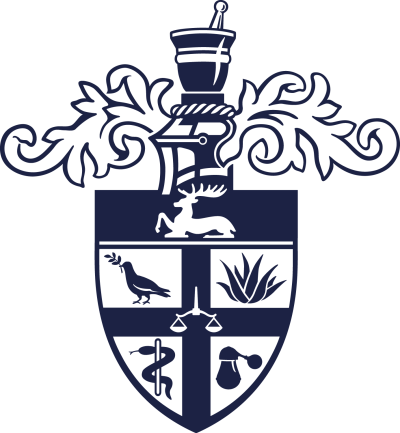
RPS Fellowship
For RPS members who have attained distinction in their pharmacy career.
Who is eligible?
To become a Fellow, a member must have:
- Made an outstanding original contribution to the advancement of pharmaceutical knowledge
- Attained distinction in the science, practice, profession or history of pharmacy
- Demonstrably have gone above and beyond in their day job.
How to nominate
RPS Fellows are nominated by their peers, and chosen by our distinguished Panel of Fellows. We encourage nominations for pharmacists from all sectors of the profession.
Nominations can be submitted at any time, but our Assembly-appointed Panel of Fellows (which assesses all nominations for new Fellows) meets just twice a year to review nominations.
The next closing date for nominations is Wednesday, 26 April 2023
For more details, or to nominate someone for a Fellowship, visit our RPS Fellows page.
RPS Honorary Fellowship
Honorary Fellowships are for individuals not normally eligible for RPS membership.
In 1953, the RPS was authorised to award Honorary Fellowships to individuals through a supplementary Charter. The first recipient of the Honorary Fellowship was Prince Philip, the Duke of Edinburgh, who was given the award by then president E. A. Brocklehurst in May 1955.
Who is eligible?
To be awarded an Honorary Fellowship of the RPS, an individual must, in the opinion of the Assembly, have:
- Attained distinction in a particular aspect or aspects of pharmacy
- Made a distinguishing and distinctive contribution to pharmacy or the RPS
- Distinguished themselves in any of the branches of knowledge referred to in the objects of the Society
- Achieved eminence in public life.
How to nominate
Nominations can only be made by RPS members who sit on the RPS Assembly, National Boards, or other governing bodies. Nominations must be kept confidential.
To submit a nomination, write to the President at [email protected]
To be considered, nominations must include:
- A CV or ideally full biographical details (two pages max) of the nominee, and the reasons why the individual is worthy to be an Honorary Fellow; in particular, explain how the nominee has met at least one of the above criteria
- A CV or biography summary and citation of max 500 words
- Support from two RPS members.
The President will then discuss the proposed nomination with the CEO, and circulate this to the Assembly for a final decision.